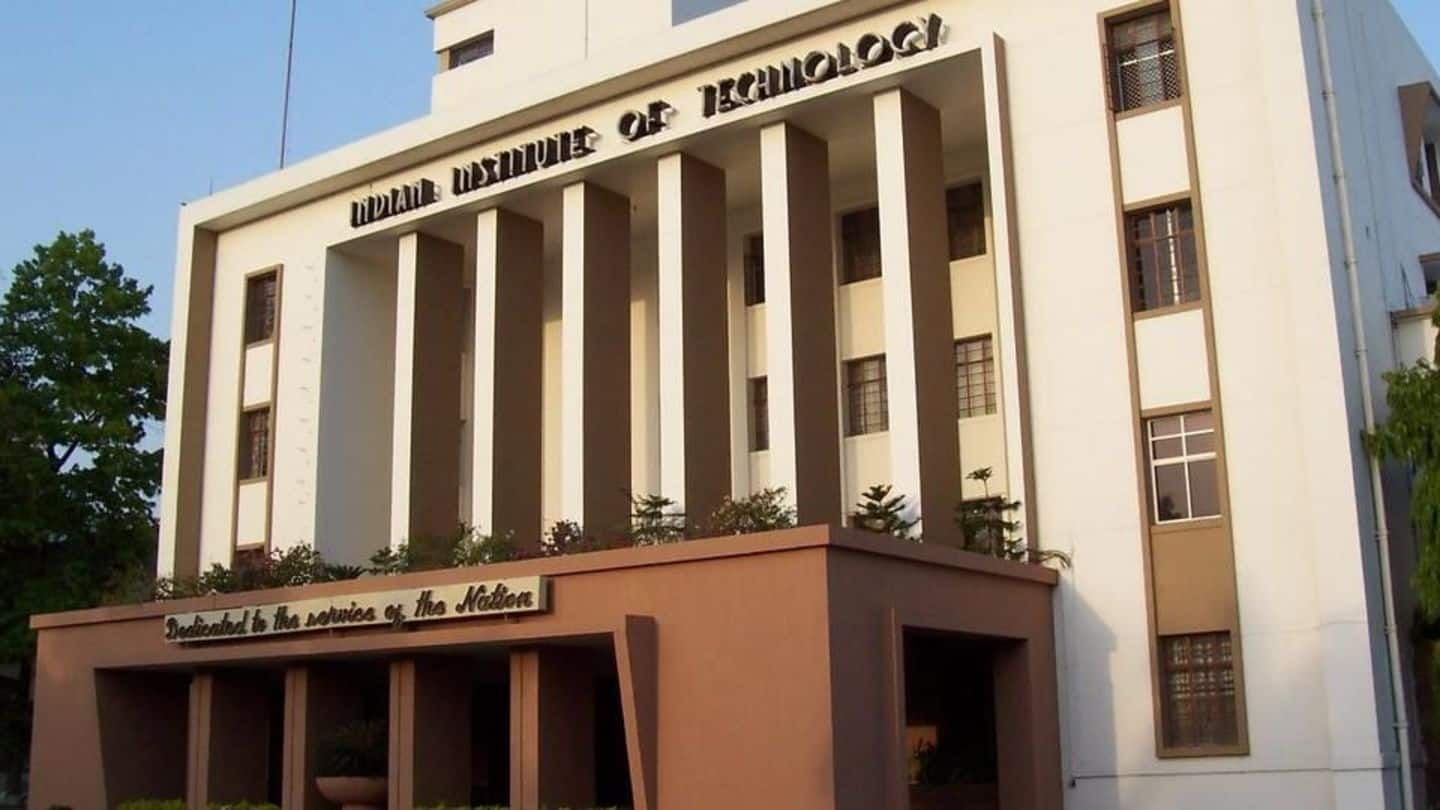
Government scraps Rs. 8700 crore funding project for IITs
What's the story
The finance ministry has rejected a Rs. 8,700cr scheme that was being planned for seven IITs to improve their global standing. The junking of the Vishwajeet project comes as a major setback to the institutes, whose QS and Times global rankings slipped further this year. Each IIT would have gotten Rs. 1,250cr to invest in infrastructure, faculty, tie-ups with international institutions and more.
Data
The IITs have slipped lower and lower in global rankings
No Indian institute featured in the top 200 of the 14th version of Times Higher Education's World University Rankings released on September 5. IIT-Bombay came in 351-400 band like 2016, while Delhi and Kanpur slipped from 401-500 to 501-600. IIT-Madras figured in 601-800.
Vishwajeet
To correct the deteriorating situation, Project Vishwajeet was proposed
Vishwajeet was cleared by the IIT Council last year. HRD had proposed it, to bring up the IITs to the level of top global institutes. Under Vishwajeet, lacking parameters would have been identified and addressed. Global rankings consider indicators like academic reputation, student-faculty ratio, employer reputation, and citations per faculty. The IITs at Delhi, Bombay, Kharagpur, Madras, Kanpur, Guwahati and Roorkee were the likely beneficiaries.
Suggestions
The tussle between Finance and HRD over Vishwajeet
Sources said Finance Ministry returned HRD's proposal with a suggestion that IITs should first address "fundamental issues" like autonomy to decide fees, raising resources, and strengthening current schemes. It also recommended the IITs compete for the recently-launched Institute of Eminence scheme, under which 10 government institutes will be given about Rs. 1,000cr. The HRD should ask IITs to improve infrastructure through existing grants, it added.
Autonomy status
Are the finance ministry's suggestions justified?
IITs have a relatively low level of autonomy. Presently, the IIT Council, chaired by the HRD Minister and including the institute's board and directors, takes decisions on matters like fees. The institutes have mostly sought administrative autonomy. On financial autonomy, they said, "If IITs are to become institutes with an international profile, the expenses will increase significantly, and this must come from the government."
Steps
Taking the first step towards financial autonomy
As of 2015, taxpayers were spending Rs. 988.5cr annually on IITians. However, interest-free loans are available for students with ease; with excellent placement records and high packages, it shouldn't be hard for students to repay. Tie-ups with foreign institutes and firms for research could also help with funds. IITs need to work towards more optimum levels of autonomy to achieve their potential.